By Andrea Oliveras, a sophomore author at MHS
“Are you illegal?” or “Are you Mexican?” are the most frequent questions I would get asked when I’d do simple things like go to school or the grocery store. In class, trying to learn how to multiply and memorize my times tables, aside from worrying about numbers, I had to worry about others questioning my existence and what I am and whether I was or wasn’t in check to live in this country. When they’d ask for more information about it, I’d answer with my basic response: “Bayamon, Puerto Rico.” I began to realize that, every time I allowed myself to respond with these limited words of my identity, I limited my identity as well. So, what’s more to me? The less limited and real me? I am Andrea Oliveras, I run, walk, and breathe just like everyone else. But I am also a musician, artist, and an empath who will sing and act her heart out who happens to be Hispanic. My cultural identity is more than where I was born. Where I was born is just a place. Place: noun, A particular point in space. I am more than space.
Fourth grade, age eight, asked the question, “What is your cultural background?” To answer such a complex question, I did what every other eight-year-old would do. “I am from Puerto Rico, Bayamon. My mom is from the Dominican Republic and my dad was born in Puerto Rico, as well,” I’d respond with and watch all the beady eyes of children sway from their fidgety fingers and teacher to me. There were always those who didn’t exactly know where or what Puerto Rico was; or, they had no knowledge of its existence in the first place. To them, it was like some Wakanda fantasy, a place they didn’t know of. After class, at recess, kids would bombard me with questions. Most of these questions asked about my home island and what it was like; however, a few asked if it was okay for me to live here since their “Mommy and daddy said some Hispanics are illegal.” My parents always shielded me from political subjects and matters of discrimination in the hopes of making sure I didn’t let it get to my head. When I heard that statement for the first time, I was confused…I wasn’t even entirely sure what the word “Illegal” meant since my first language is Spanish. For the most part, I proceeded to ignore those questions and continue with my life since the most stressful thing of that age was making sure I completed my math homework every night. Soon enough a new question came into play, “Are you Mexican?” I had realized that this question was only frequent when anyone found out I am Hispanic. I would get highly offended by the lack of education and educate others that there were many other Hispanic countries and not just Mexico.
When others caught onto the idea of me being born in Puerto Rico, they were astounded. When I’d ask why, the responses would blend into a collage that would for the most part, translate to “you don’t look Hispanic.” To this day I get told this statement on repeat like a broken record. At some point, I questioned why I couldn’t or didn’t look the way others thought Hispanics should look like. Why couldn’t I have beautiful caramel mixed skin that glowed in the sun with luscious curls and all the curves? At least that was the stereotype everyone else placed onto the rest of my kind. I wasn’t part of my kind’s “kind”. I was neglected and discriminated against even by my own kind. The life of a bilingual child is already hard enough. Bilingual people exist in the bridge of acceptance and no acceptance right in between, not one or the other. Some say bilingual speakers come with benefits, others say it’s not true to our culture and considered a disgrace that we should be ashamed of. My looks aren’t true to my culture. Who exactly has the final say what a Hispanic supposed to look like and put it in the Hispanics Requirements Rule Book? The answer is no one. No one did or will. The color of my skin does not determine whether or not I am Hispanic. Many didn’t understand being Hispanic and my looks aren’t the only thing there is to me. They were too distracted by the thought of me being an “exotic forgein being.” Enough to not see that there is also a personality there too. A great one at that, too.
I have always connected my culture with food. Food is an art that you can eat, and just like art, food speaks for itself. In food, there’s history behind it to be discovered and memories and reasoning. Some of the best Hispanic dishes were made out of a time d’esperance, in need of something to eat. Some of those dishes were made out of love and care by abuelitas trying to give the best childhood to children like mine did because life was already hard enough. Some of those dishes go way back and have been altered as a form of respecting our ancestors with remembrance but also making it a delicious dish for us in the modern world to enjoy. Similar to how Kristian Lee says on NPR, “I too am delicious.” My parents have fought for their lives, my life, and my sister’s life. My parents have their own history and created me to have my own history while remembering theirs and their ancestors before. Food is the art anyone can connect with. Everyone can enjoy food and anyone of any identity and ethnic background can connect through food as well. The food you are accustomed to can also have a big say as to where you’re from and what relations we have to ethnicity. My identity isn’t just where I was born. It’s the experiences my mother, father, grandfather, and myself have gone through, their histories. My experiences are a first-person vision that have shaped me into the music, theatre-loving, empathetic, artistic, hardworking strong loving person I am today. Not just the place I was born.
Where I was born, is just a place I was born, a point in space. A point in space doesn’t define who I am, my experiences that shaped my opinions do. I don’t fit a typical “Latina’s body shape” even though one doesn’t exist either because our bodies don’t define our identity either. The way you look, and your appearance doesn’t define your cultural identity and no one can place a label for you or tell you and me otherwise. Identities are open to shape, collapse, and rebuild themselves overtime again. My cultural identity is that of a musician, artist, empathetic, a breathing and walking person like everyone else…who happens to be Hispanic and have Hispanic descendants. I and only I–no one else including friends, future lovers, or family–can change what I say for myself or who I am.



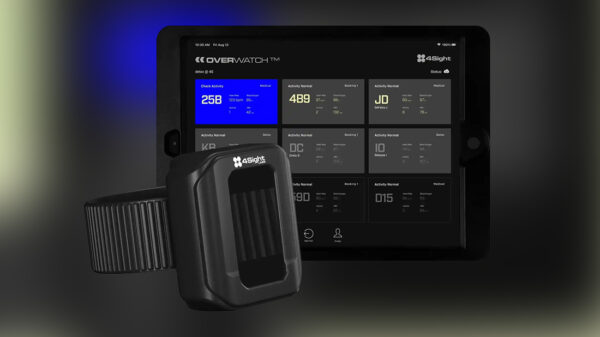
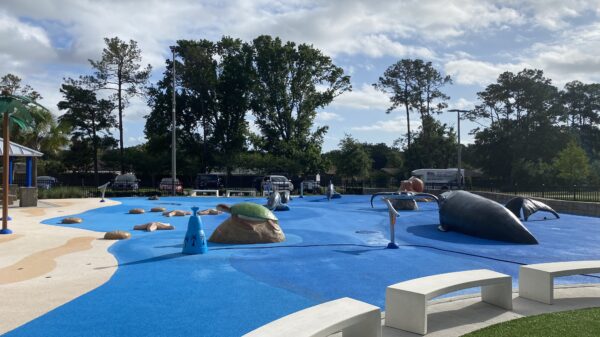

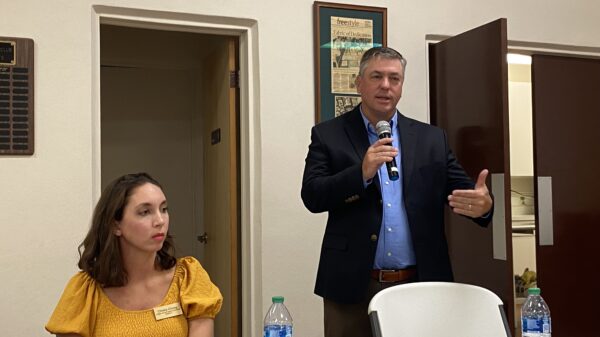
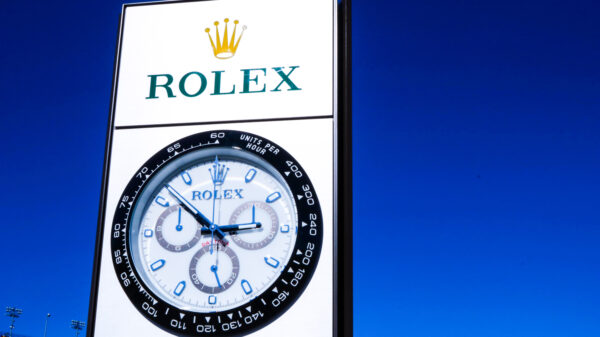

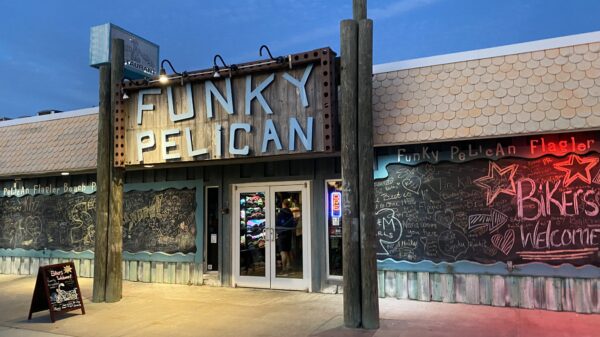

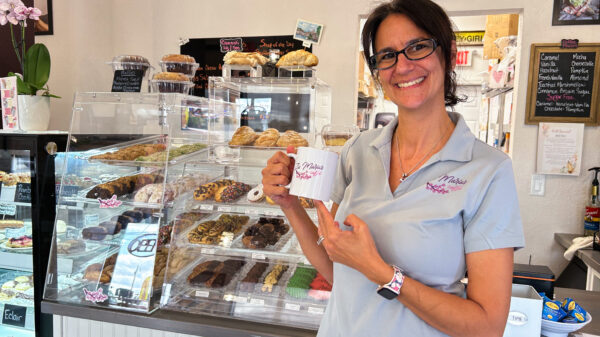
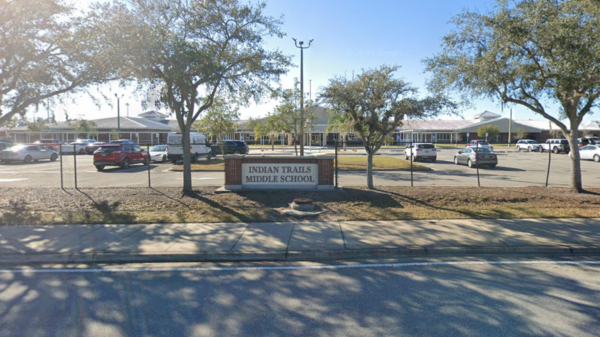



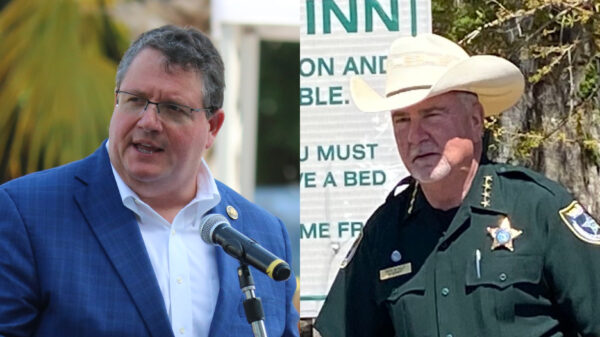



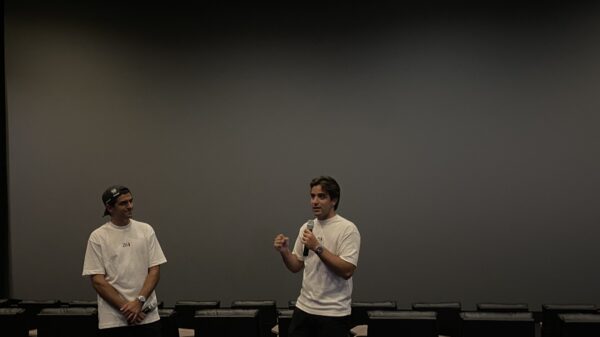
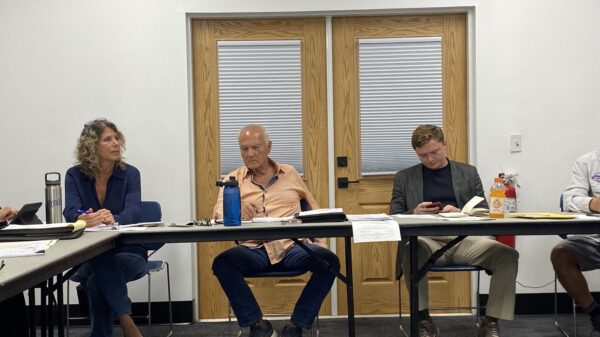
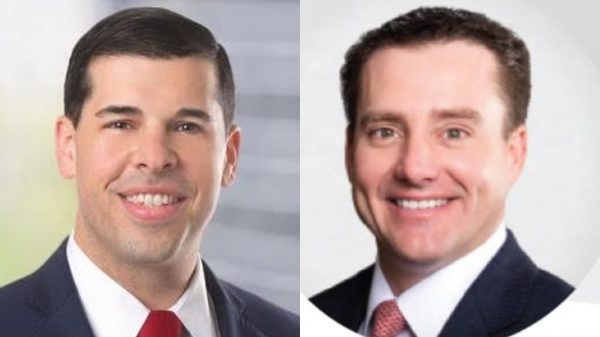


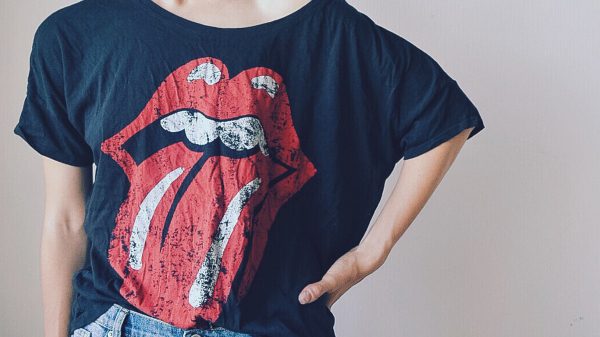

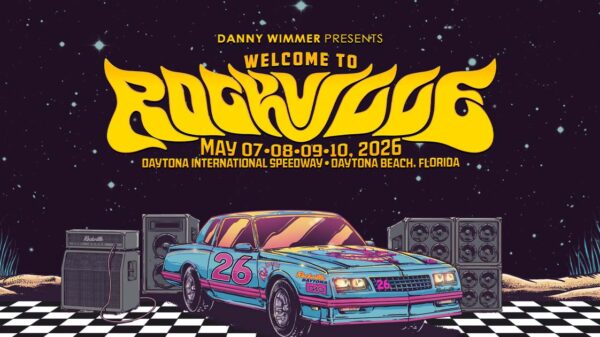
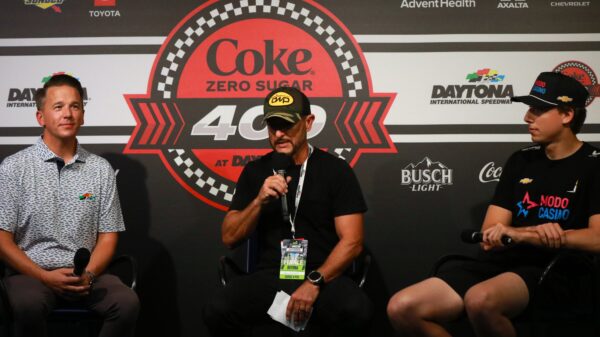
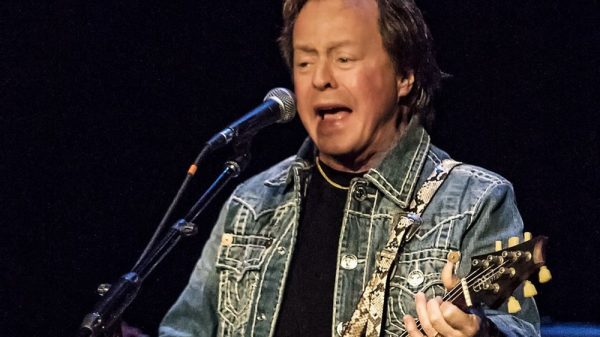
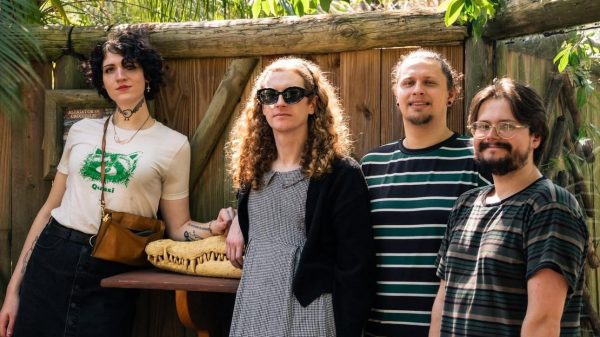

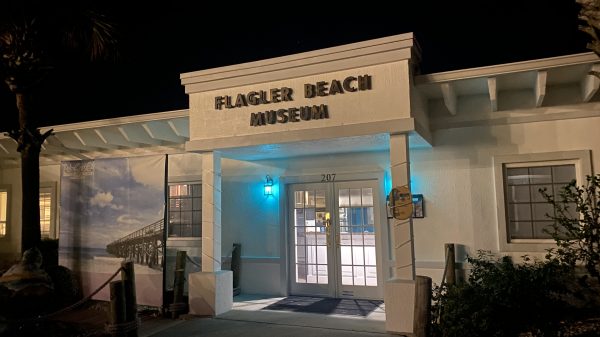
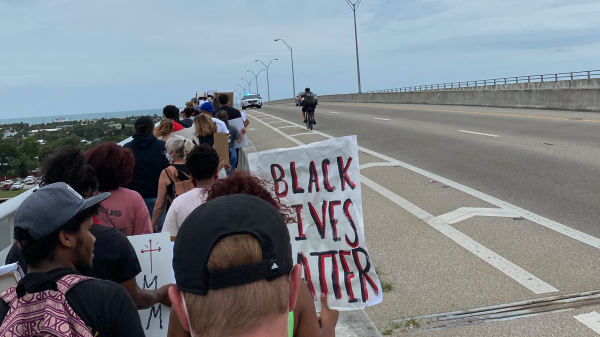
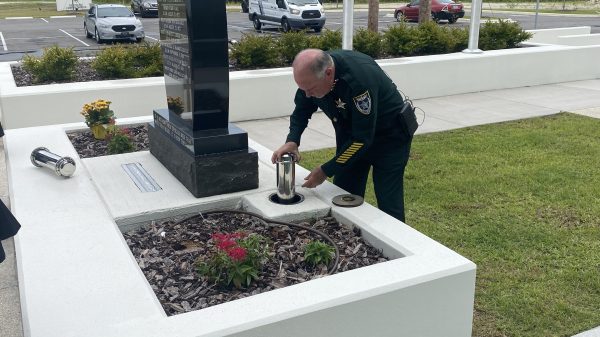
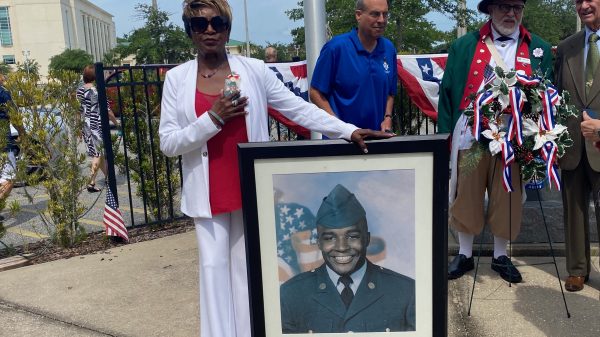
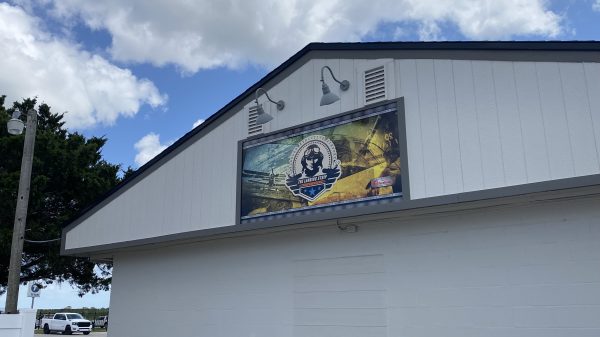

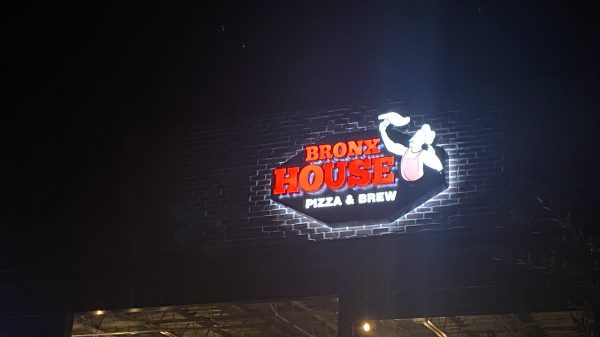
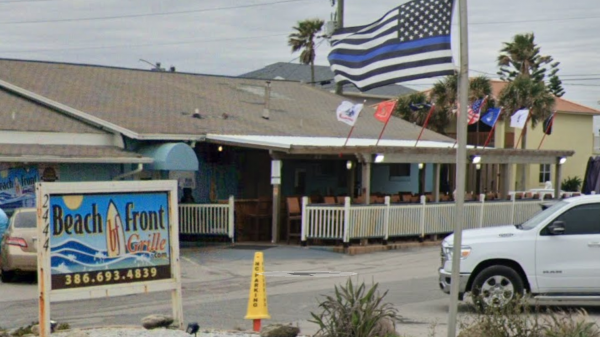
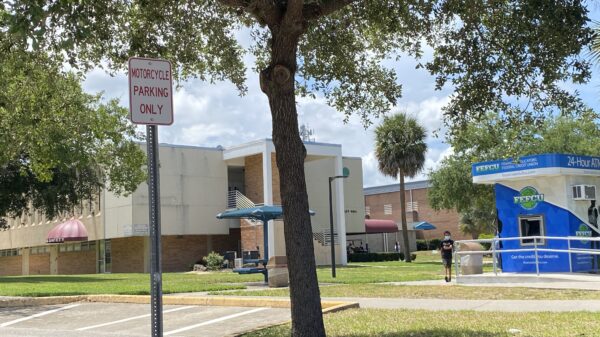
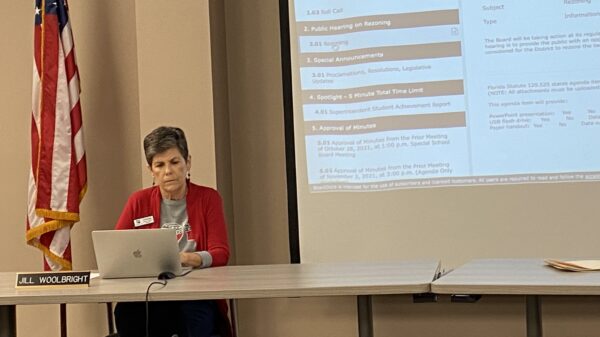
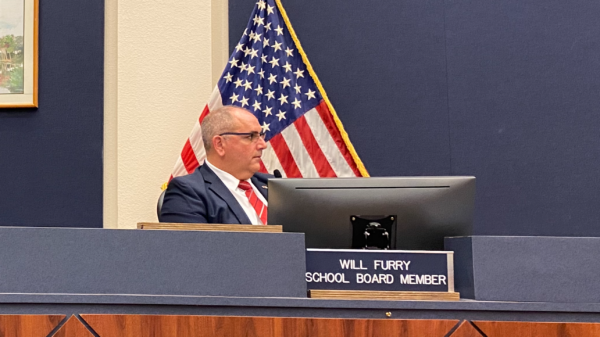


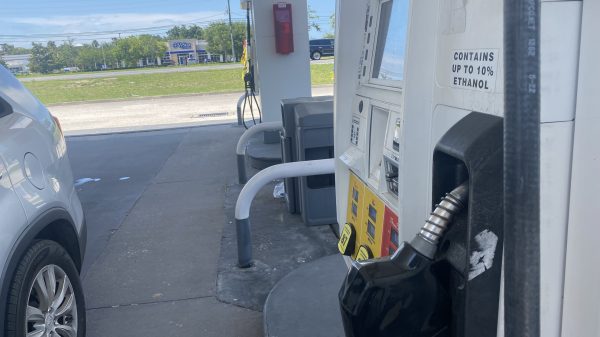
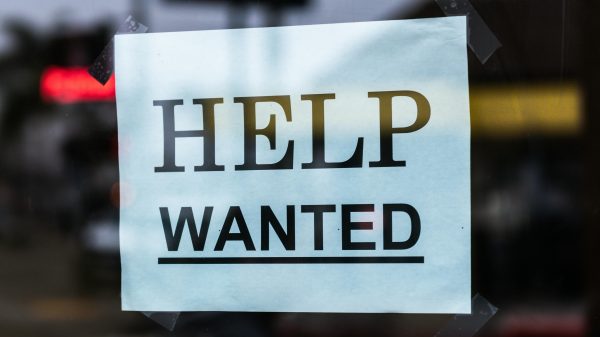
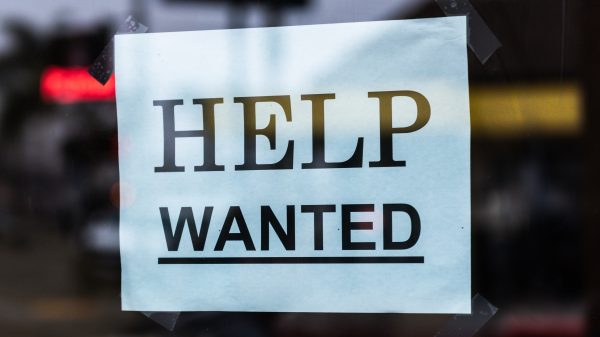
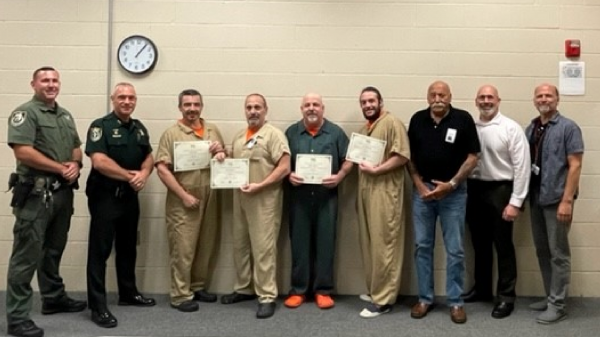
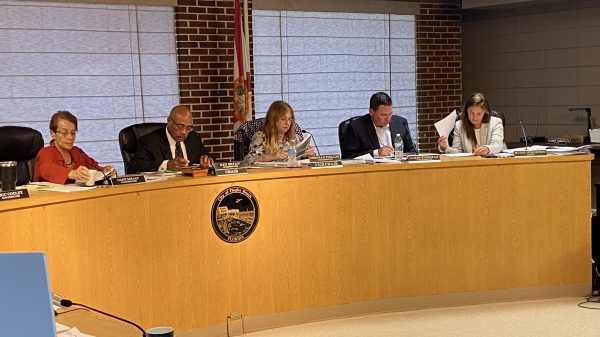
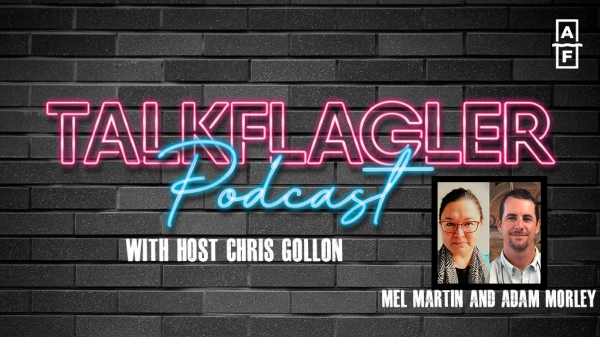
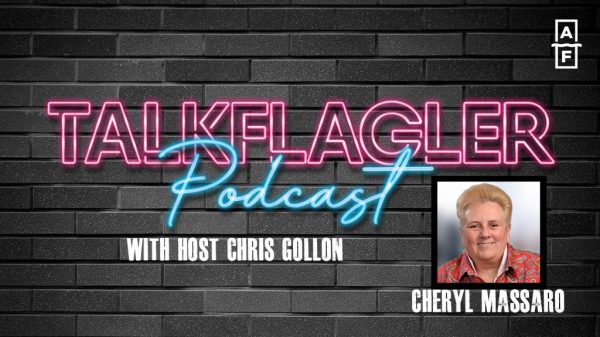
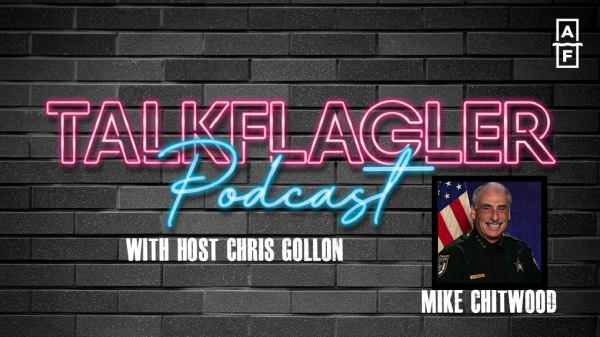
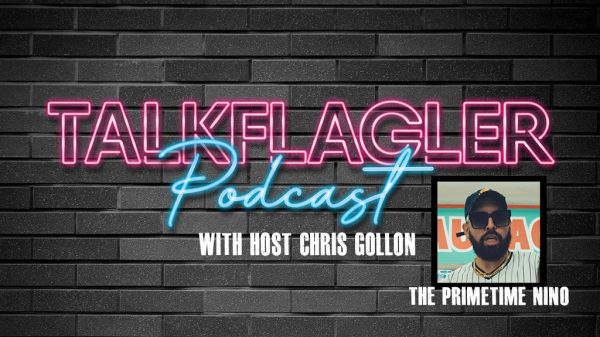

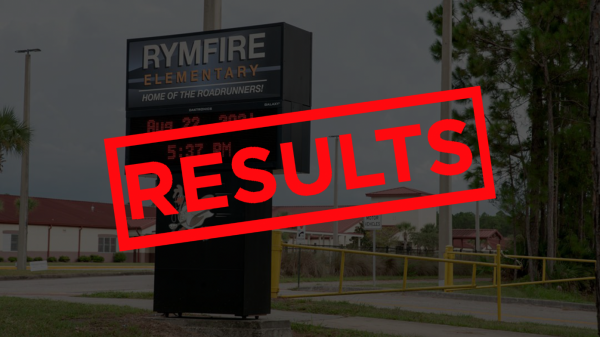
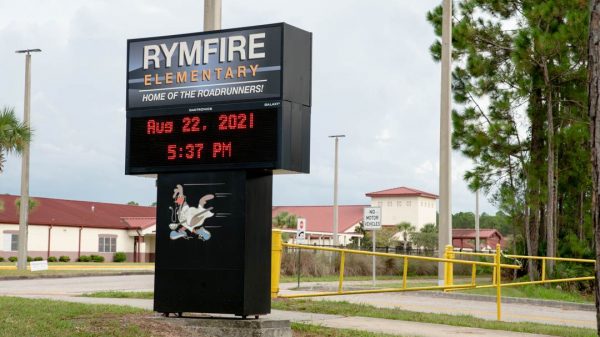

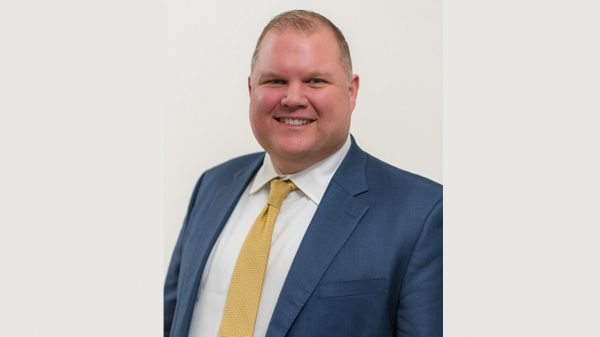
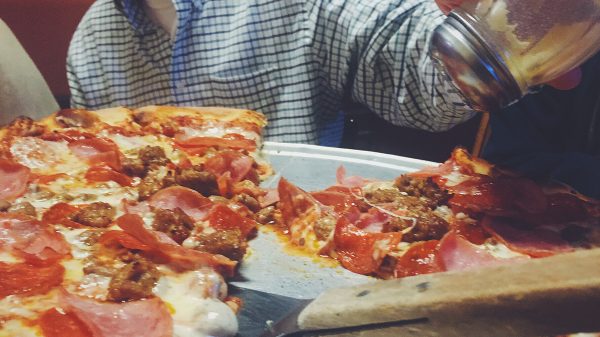

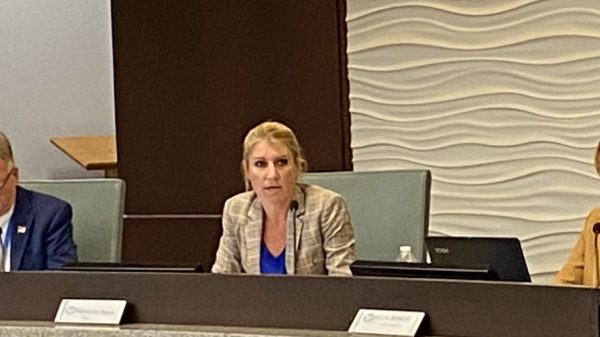
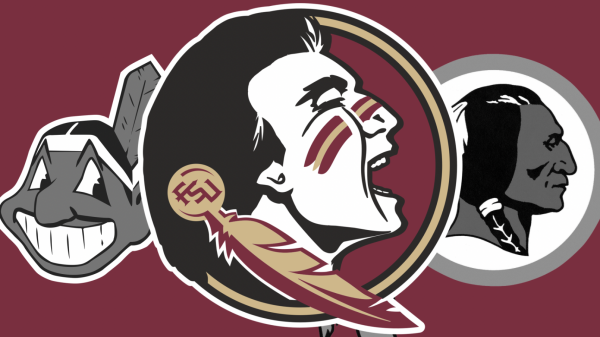
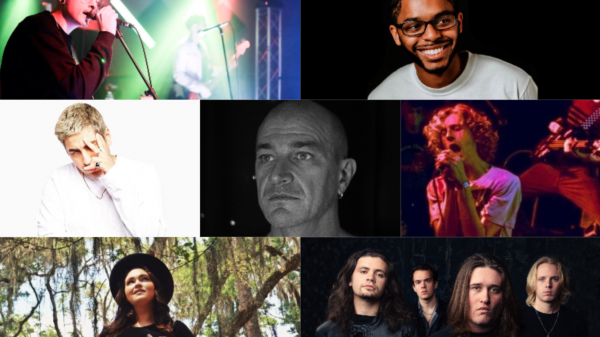
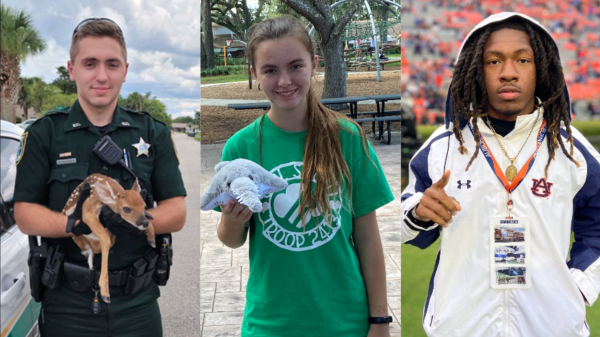




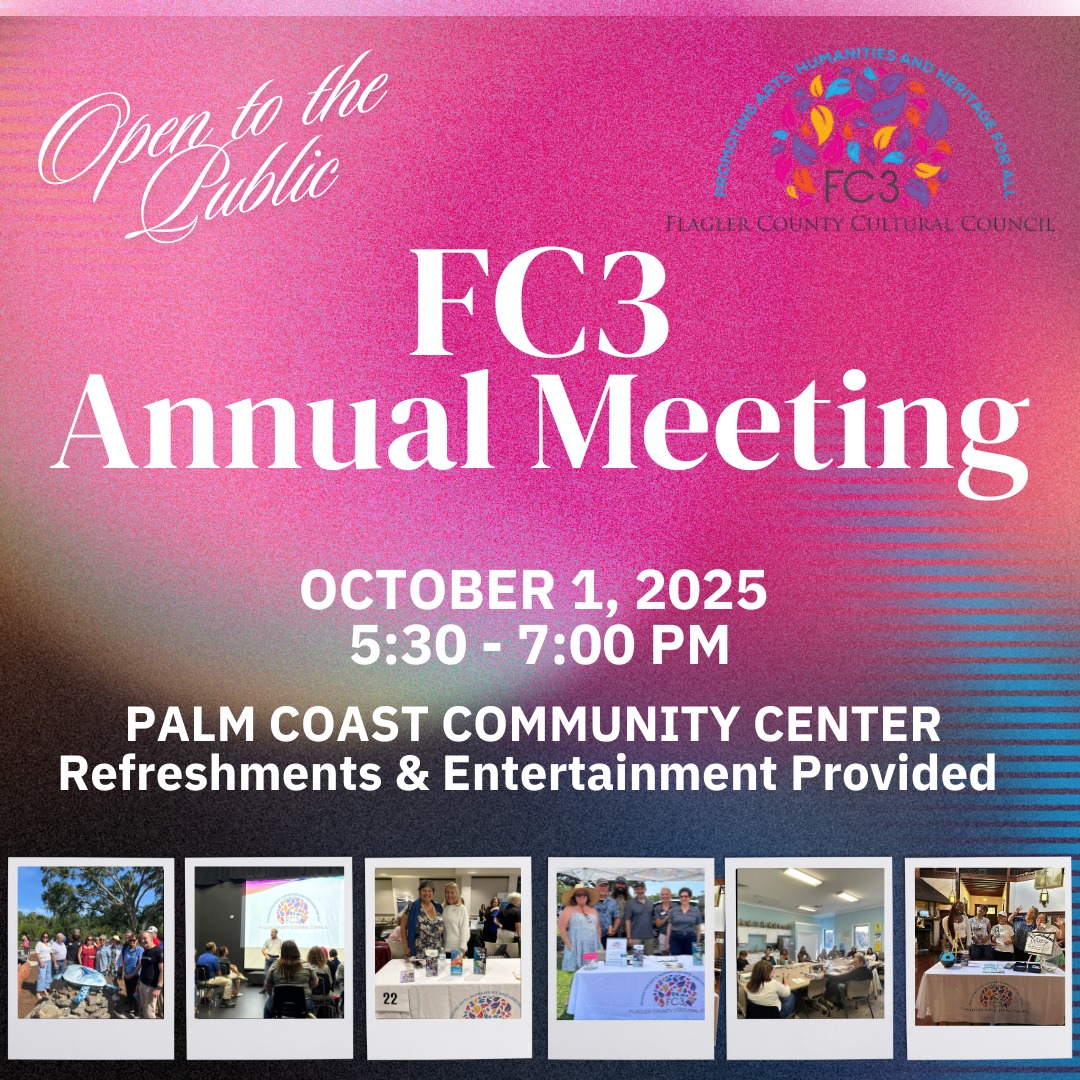
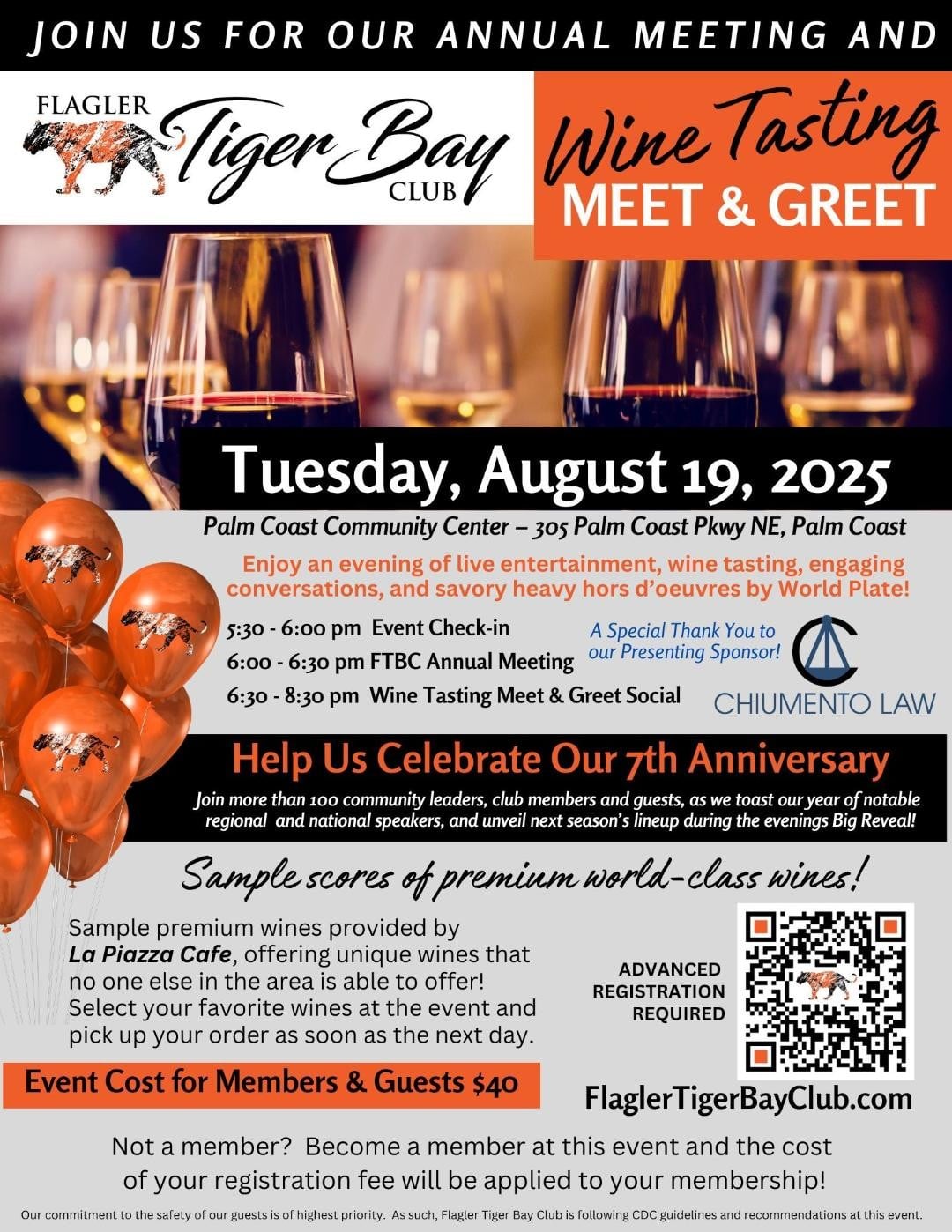
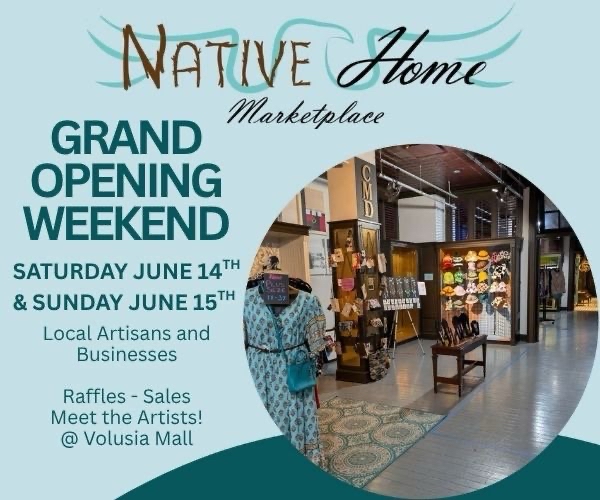


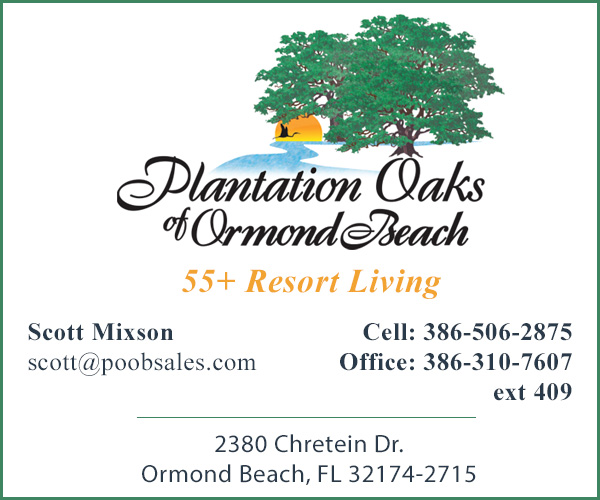
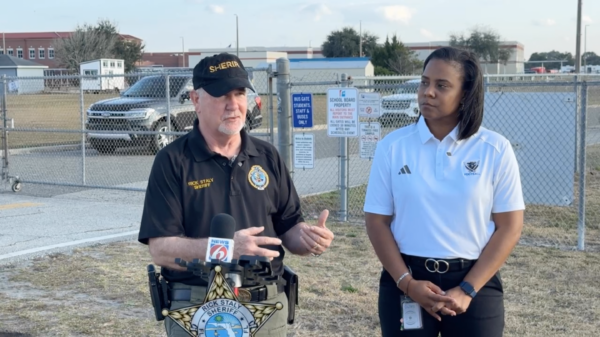

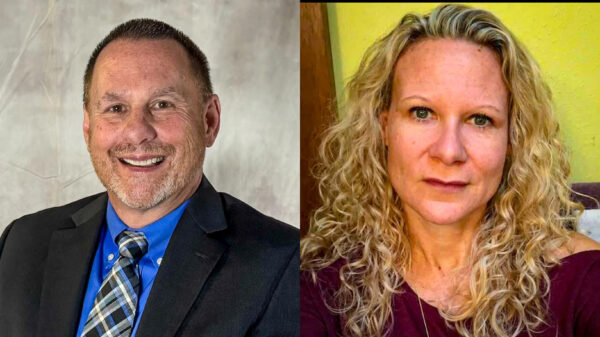

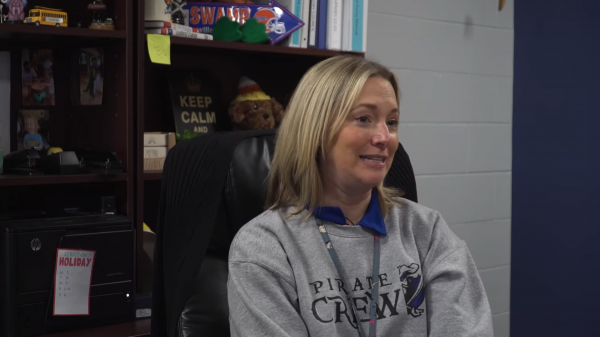

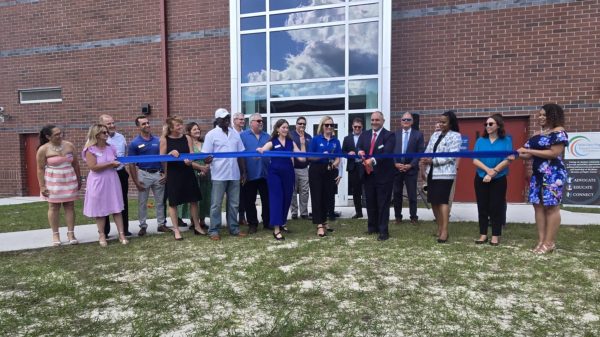

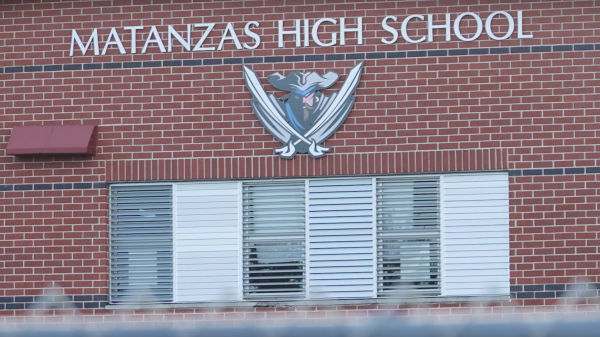

Erika
October 19, 2020 at 5:48 pm
I love this article.Very well done & explain Andrea! 💗
Brianne
February 2, 2021 at 1:15 pm
This was amazing Andrea